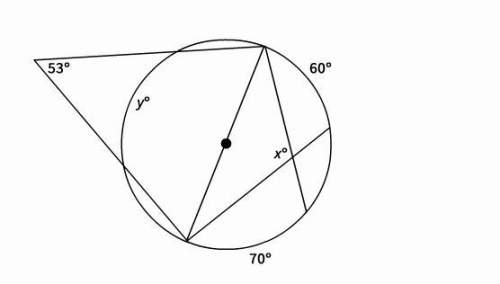
Mathematics, 11.03.2021 20:20 lin550
Transform each of the following equations to determine whether each has one solution, infinitely many solutions, or no solution. Use the result of your transformation to state the number of solutions. I will give you the brainiest answer if correct!
1. 2x + 5 = 5x - 1
2. 1/3 (3x - 12) = x - 4
3.-2(2x + 3) = -4x + 6
4. 7x - 1 = 4x + 8
5. 5(3x - 4) + 11 = 12x
6. 6(2x - 7) - 3 = 12x - 21
7. 7(x-2) + 5 = 3(2x - 1) + 1

Answers: 1


Other questions on the subject: Mathematics


Mathematics, 21.06.2019 23:30, onepunchman20
What is the volume of a rectangular crate that has dimensions 9 inches by 9 inches by 1 feet? 1,458 in.3 121.5 in.3 1,012.5 in.3 36 in.3
Answers: 1

You know the right answer?
Transform each of the following equations to determine whether each has one solution, infinitely man...
Questions in other subjects:

Biology, 15.10.2019 12:20

Mathematics, 15.10.2019 12:20

History, 15.10.2019 12:20



Mathematics, 15.10.2019 12:20

History, 15.10.2019 12:20


Business, 15.10.2019 12:20





